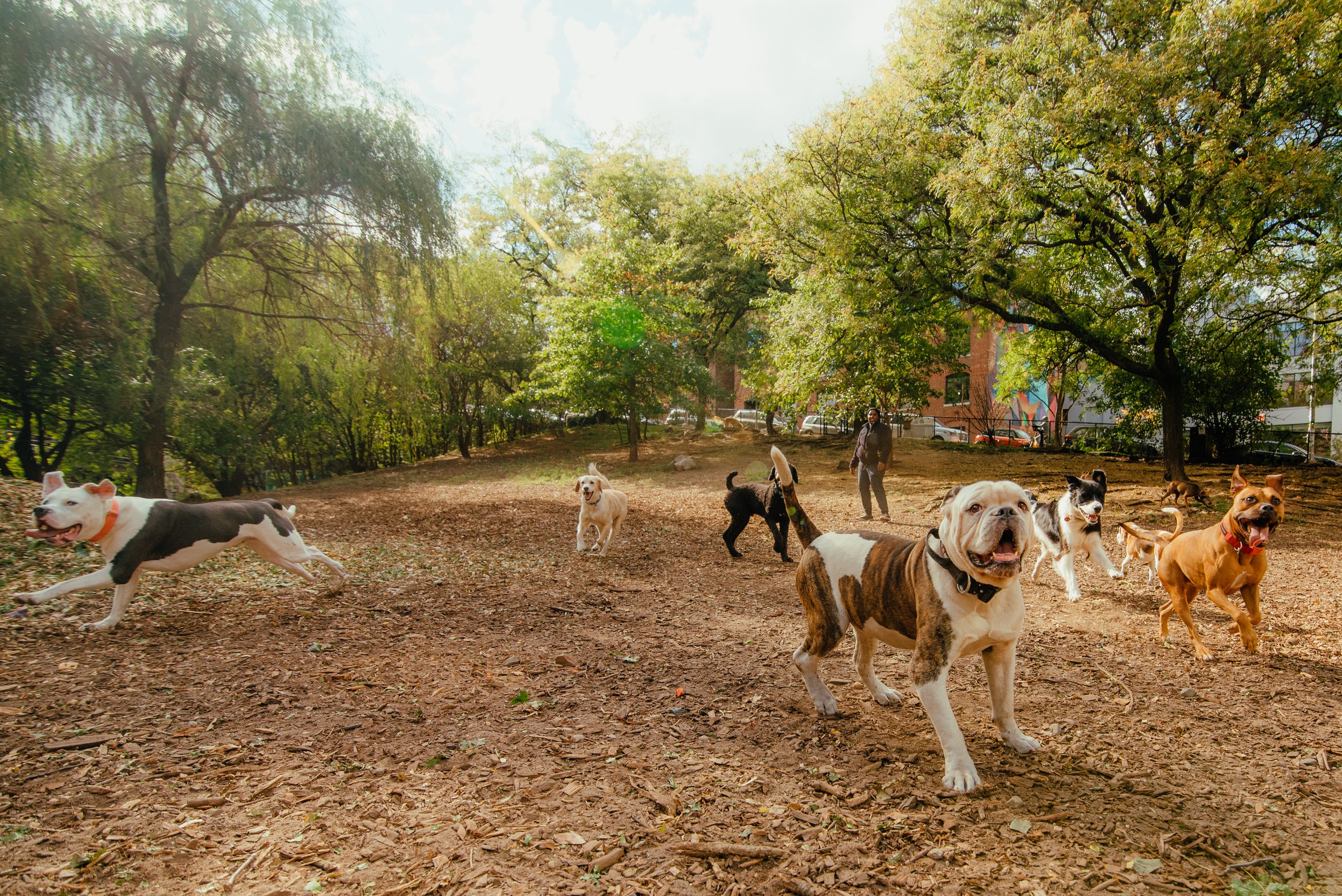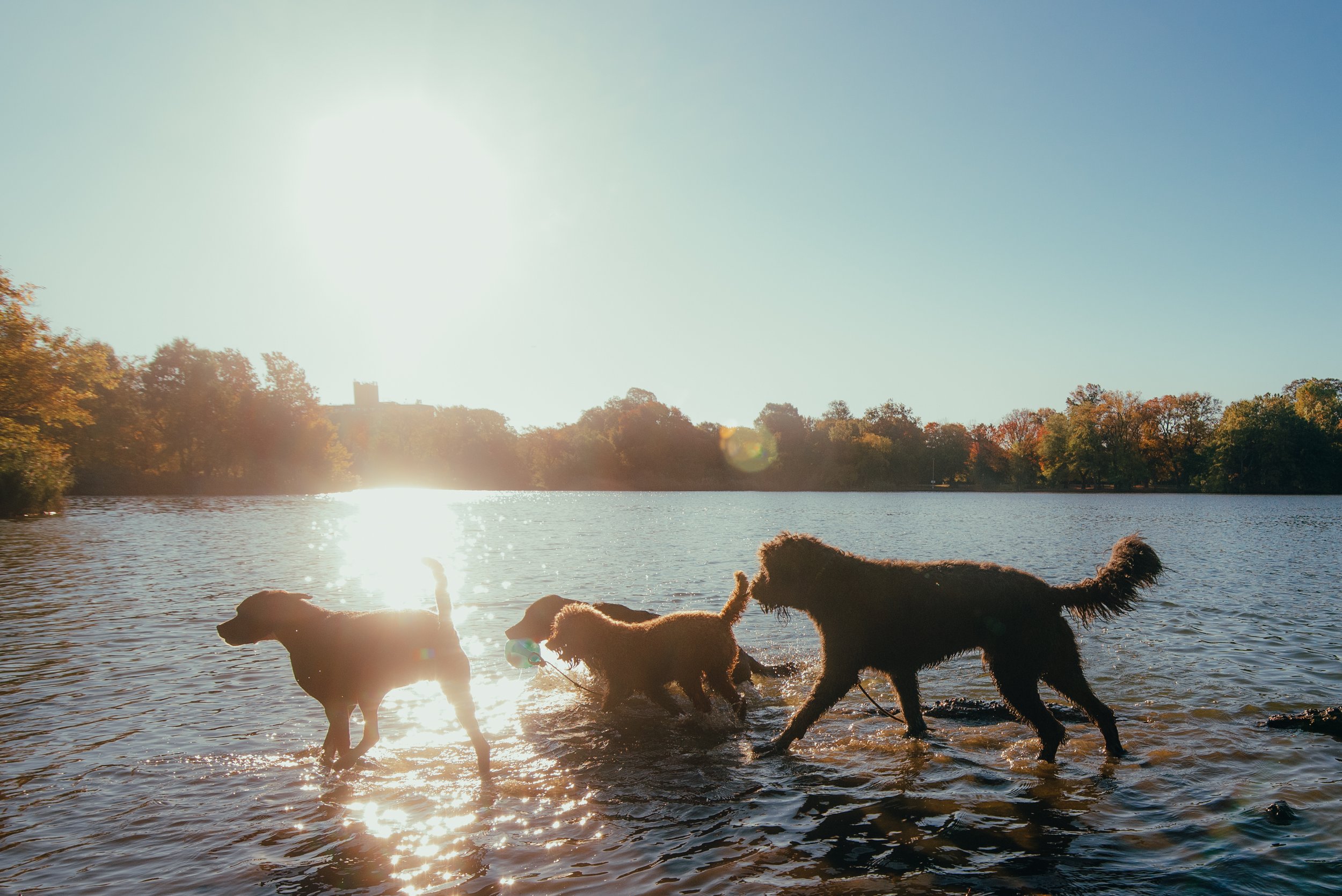
Is your dog bored of binge watching tv at home while Netflix asks if they’re still watching? Restless from being cooped up in the apartment every day? In need of companionship but too fed up with dating apps like Barkr and DoggyStyle?
During her ten years as a professional dog walker, founder Vanessa Ivey realized that the dogs in her care really wanted and needed more outside time—more than a typical dog walk allowed. A thirty-minute stroll through the neighborhood didn’t do much to help their boredom or release their pent-up energy from being indoors for hours on end. After partnering up with a fellow dog walker for all-day, year-round play group for three years, it was time for Vanessa to branch off on her own, using all the knowledge she’s acquired to bring her personal vision for a doggy play group to life…
Here at OUTSIDE, we give your dog an ample amount of exercise and playtime in a safe, outdoor, and off-leash setting. With our affection and guidance, they get the socialization and mental stimulation they deserve, while also building confidence as a member of a pack.
Let’s help your dog have some doggone fun.
Here at OUTSIDE, there are three key components to making outside play time with your dog a success:
Exercise
We use exercise as a tool to not only help your dog stay fit, but also to build confidence, share toys, and engage with other dogs.
Aside from being beneficial for their physical health, exercise can helps
with leash aggression. Keeping dogs active and their minds stimulated often throughout the week helps to decrease their desire to lunge at anything and everything they may encounter on a walk through the neighborhood.
A tired dog is a happy owner — one who doesn’t have to worry about play sessions. So let us do the work for you!
Socialization
Socialization is a great tool for increasing a dog’s friendliness and overall confidence. Without socialization, dogs can quickly become reactive towards other animals, due to fear, aggression, or anxiety.
Dogs that regularly play with other dogs tend to become less aggressive around dogs they don’t know, even when they are not at play, because they learn how to safely react to outside factors
This can also help them become less territorial over their own toys and other belongings.
Benefits of Off-Leash
Pet parents should rest assured that off-leash play won’t result in your dog taking off for the hills. Regular off-leash play actually provides invaluable training, even outside of play group.
By encouraging dogs to explore a new environment “on their own terms,”
we help to build their confidence, which is key for reducing anxiety, stress, and aggression.
During play time, dogs also get the opportunity to safely practice recall, and to listen to and follow commands like “stay,” “wait,” and “fetch.”
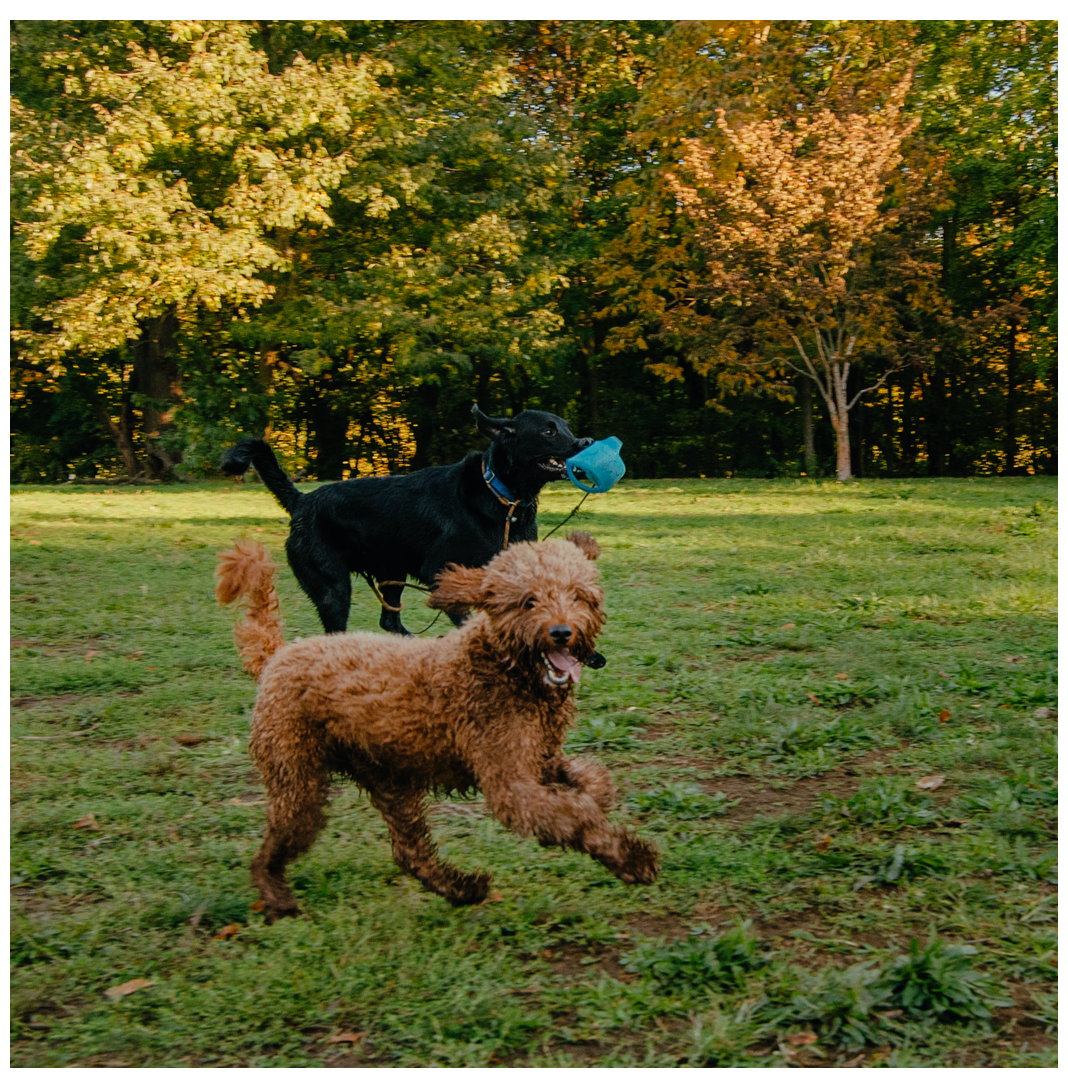
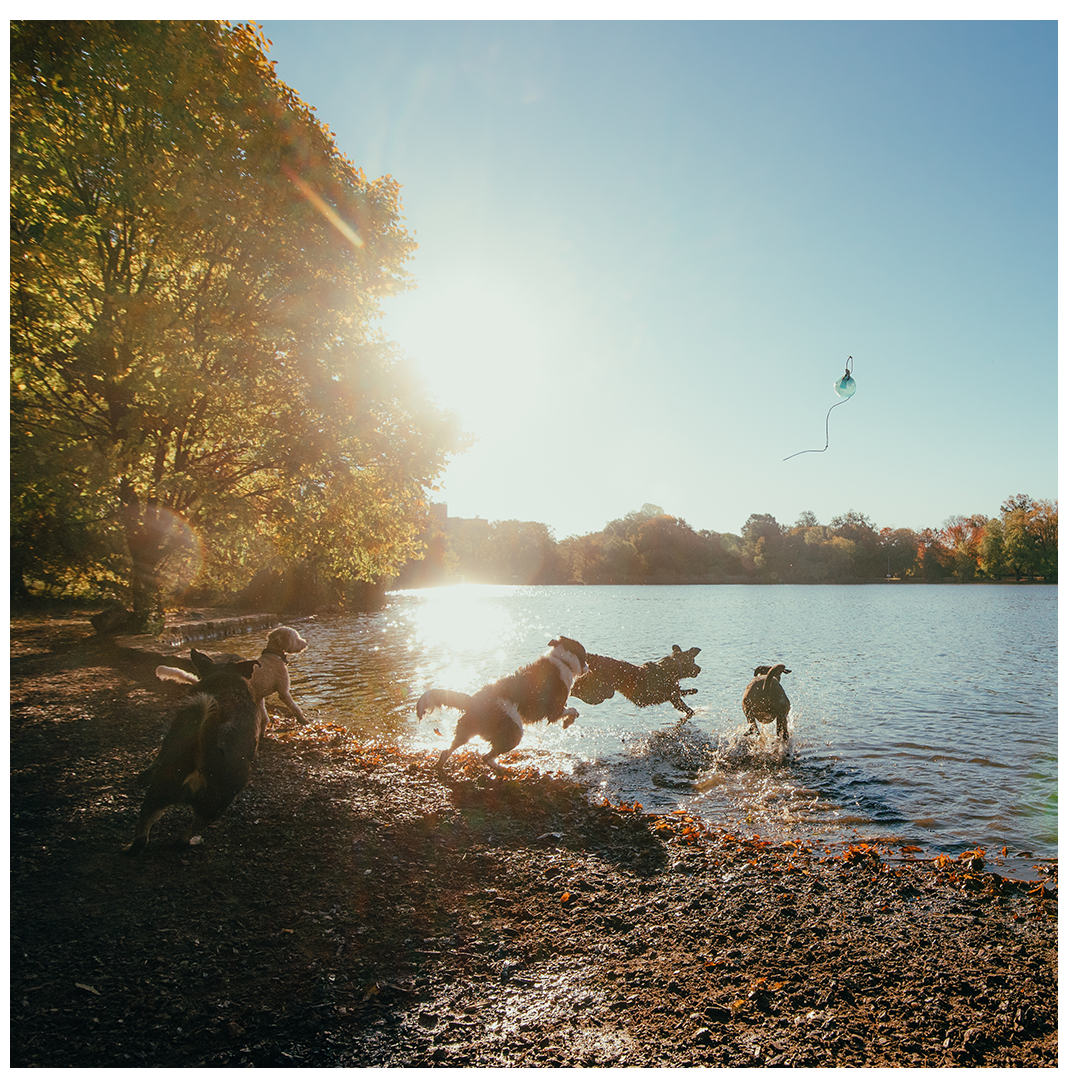


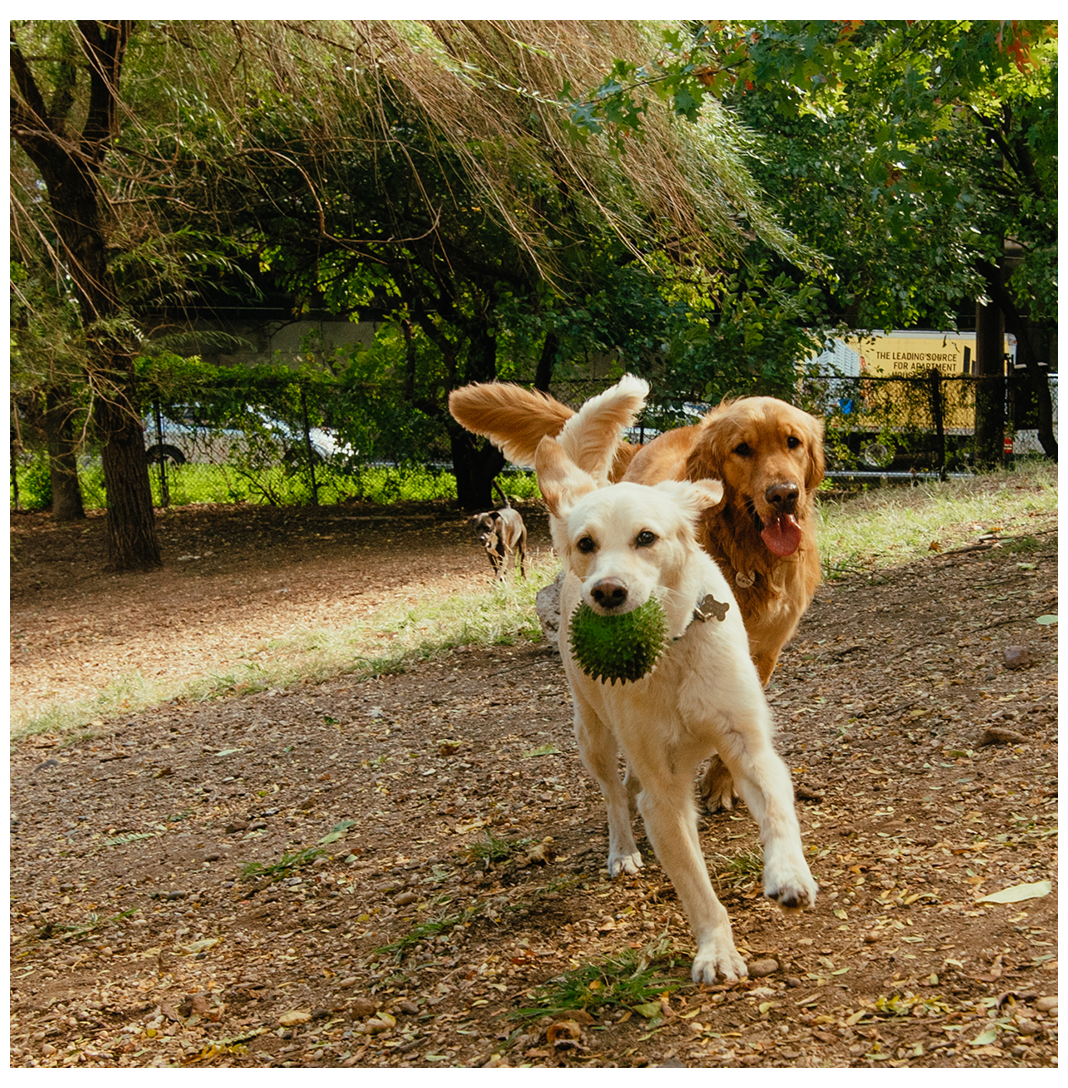
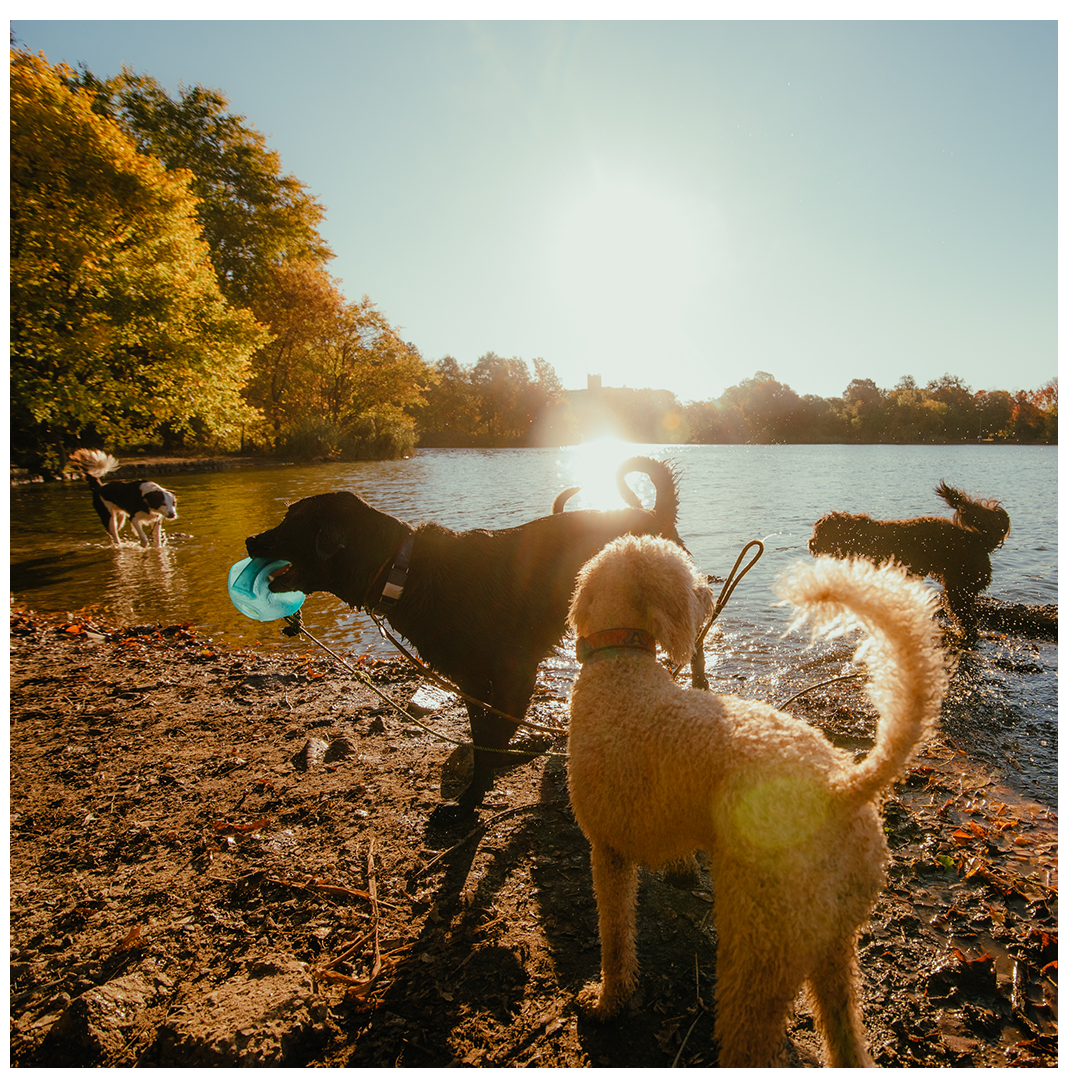
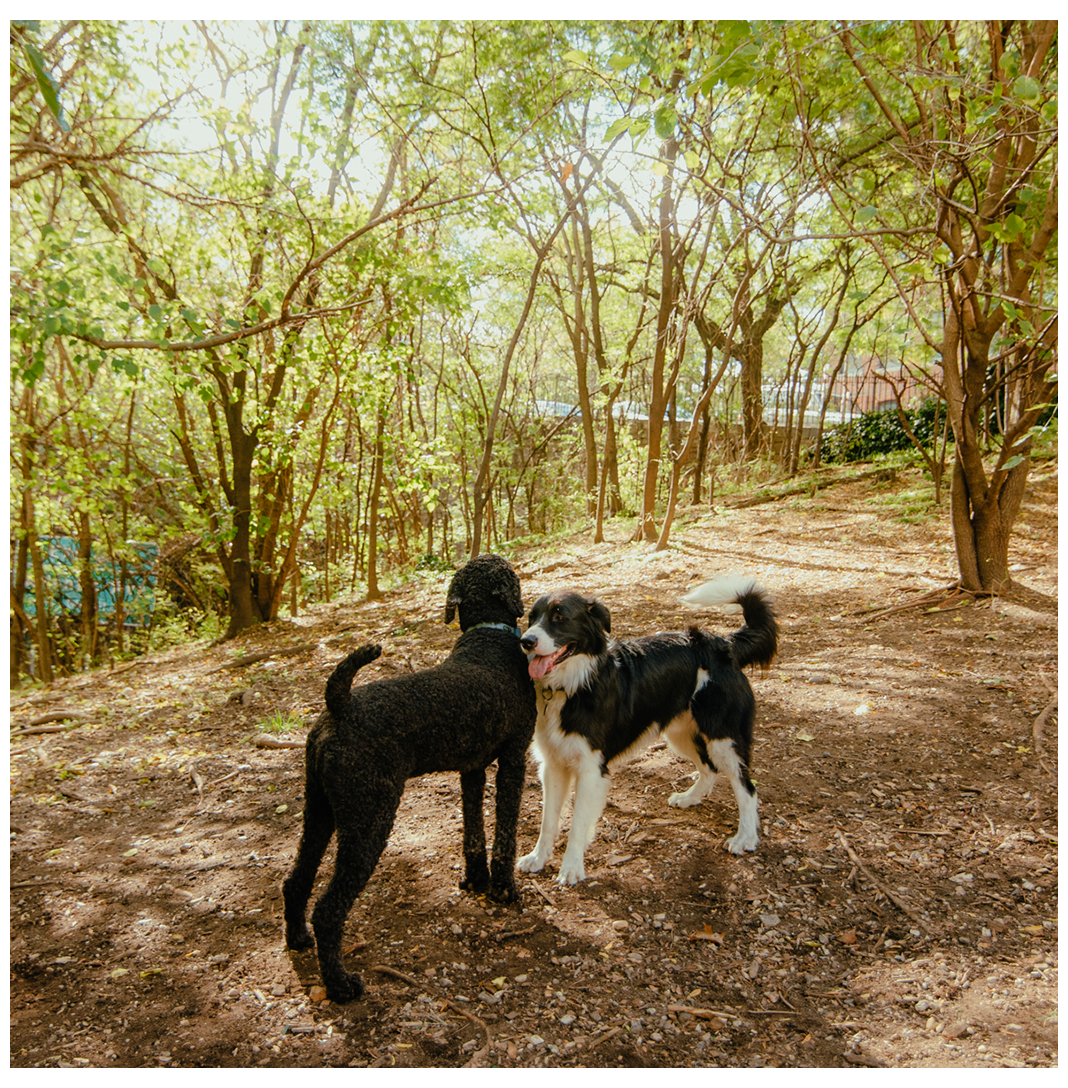
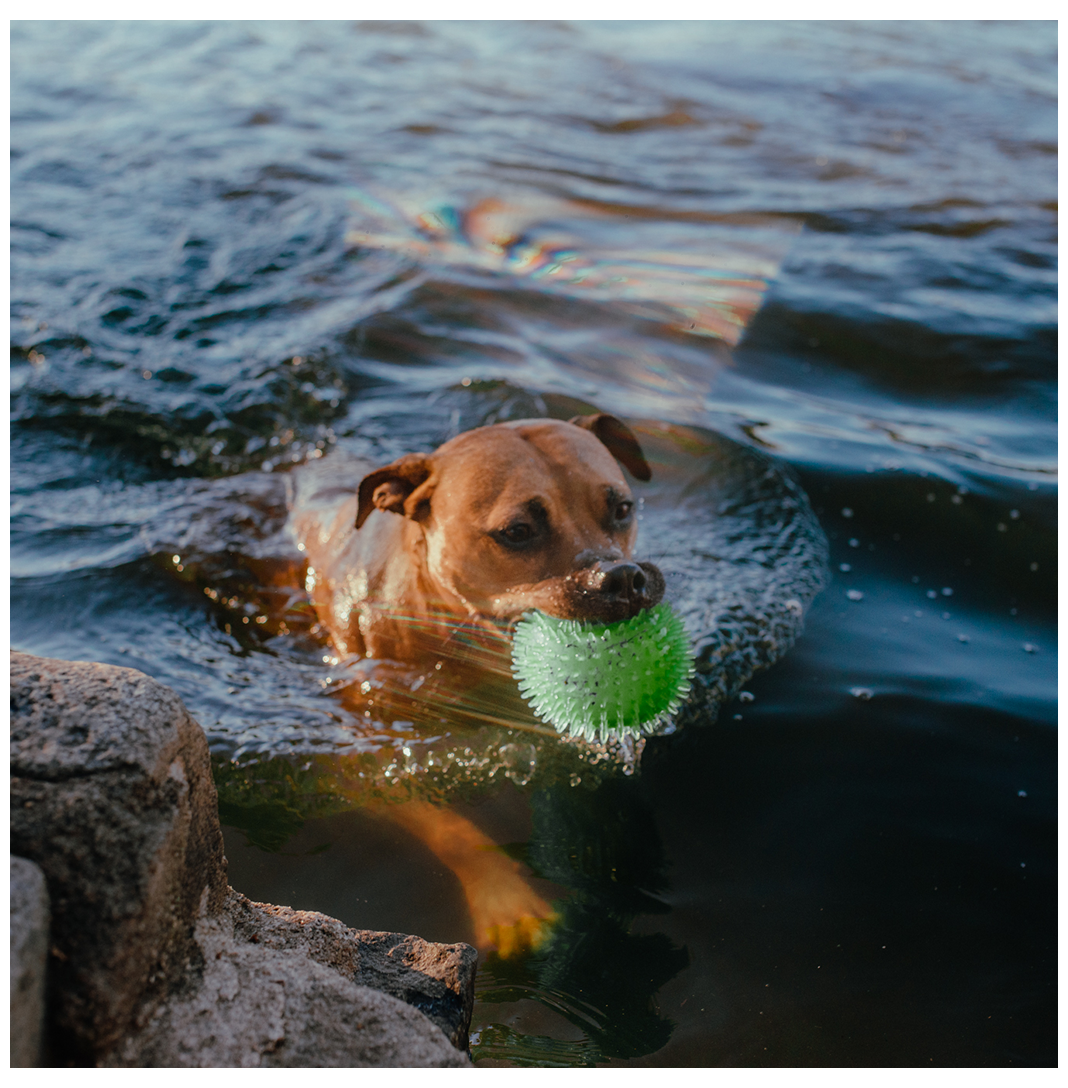
Playtime
Policies
Questions?
